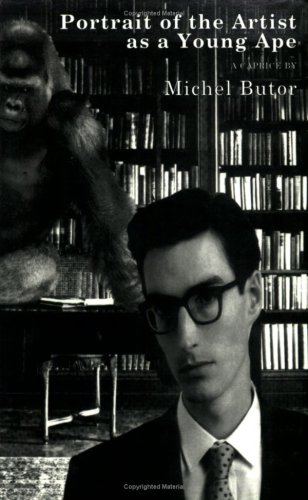Like James Joyce's and Dylan Thomas's similar titles, Butor's novel is autobiographical in nature and explores the way a writer develops. Shortly after World War II a young man travels to a castle in Franconia housing the second largest private library in Germany. There he discovers a multitude of stimuli for his imagination: a castle once the site of celebrations and executions, the old library, mineral collections, rooms decorated in mythological themes, and an exiled count who has a passion for highly original games of solitaire. Days are spent in the library steeping himself in the literature of alchemy, whose great theme was transformation. At night, the young man dreams he is in an adventure that begins as a vampire story and ends as a tale from The Thousand and One Nights, in which a young man is transformed into an ape. Bordering between autobiography and elements of Gothic horror, this "caprice" shows the development as a young man of one of France's most important contemporary novelists during and just after World War II.
Though as readers we have as hard a time as Butor himself in separating fact from fantasy, we see the young Butor on the edges of the intellectual and artistic circles of his time (Martin Heidegger and Andre Breton make brief appearances), but we witness this in an ominous, sinister atmosphere where we expect Dracula to step from around the corner at any moment, accompanied by Abbott and Costello.
- ISBN10 1564780775
- ISBN13 9781564780775
- Publish Date 1 November 1995 (first published 15 June 1995)
- Publish Status Out of Print
- Out of Print 27 January 2021
- Publish Country US
- Imprint Dalkey Archive Press
- Format Hardcover
- Pages 123
- Language English
